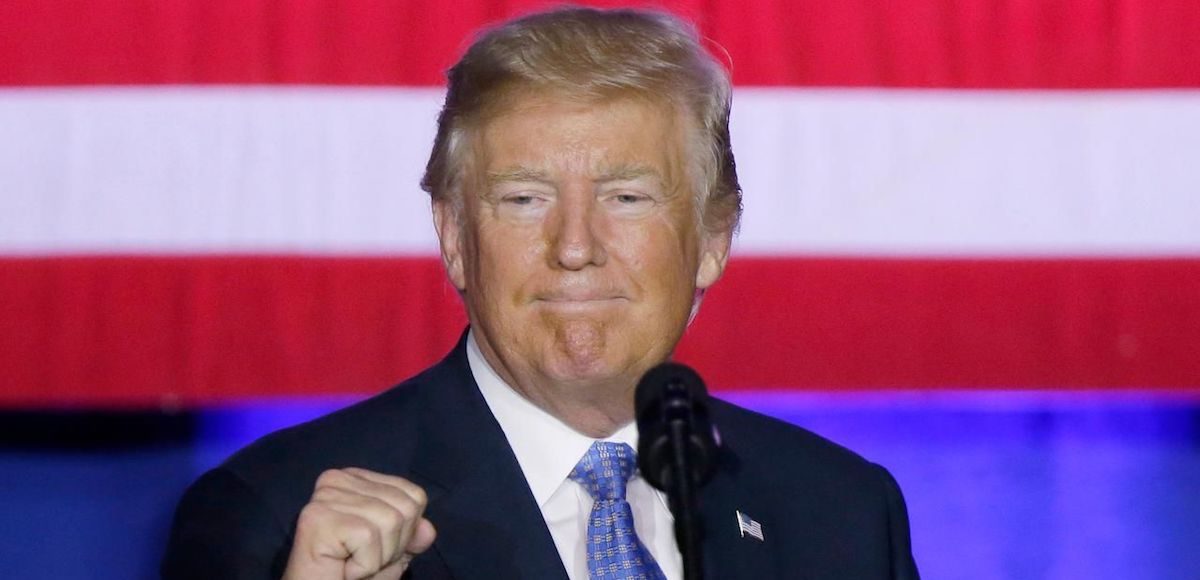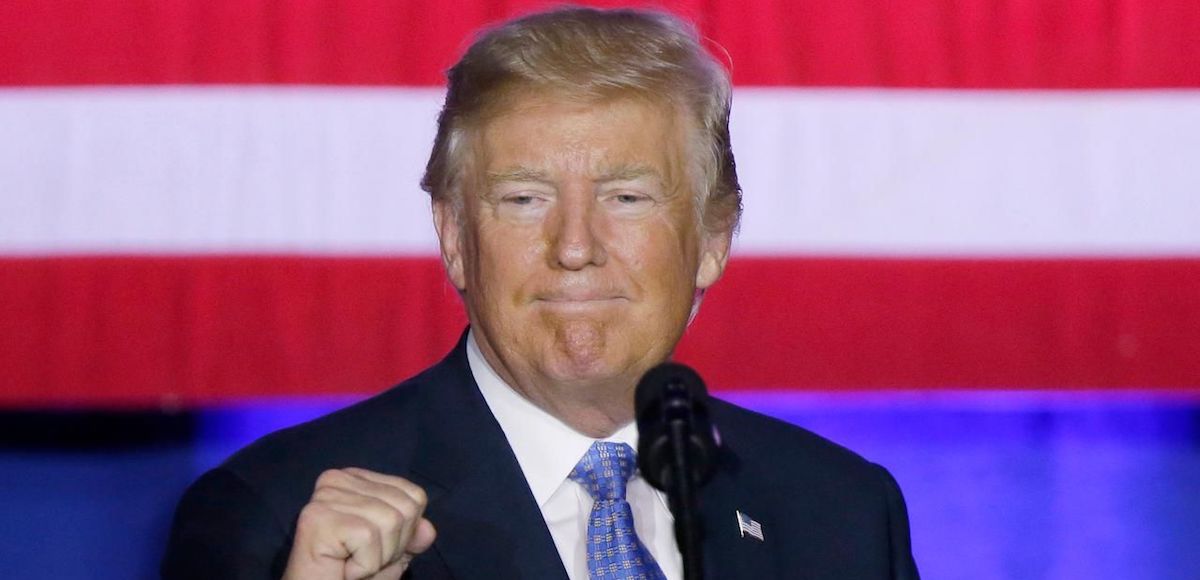

President Donald J. Trump delivers remarks on tax reform at the state fairgrounds in Indianapolis, Indiana, on Wednesday September 27, 2017. (Photo: PPD)
I’ve responded to all sorts of arguments against lower taxes.
- Tax cuts are “unfair” because rich people will benefit.
- Tax cuts are wrong because revenue should be going up, not down.
- Tax cuts are pointless because the economy won’t grow faster.
- Tax cuts are misguided because there will be more red ink.
- Tax cuts are risky because vital services would be unfunded.
But I’ve never had to deal with the argument that lower taxes are “dangerous.”
Yet that’s what Ruth Marcus of the Washington Post would like readers to believe. Here’s some of what she wrote today.
…tax cuts — not to mention tax cuts of the magnitude Trump and fellow Republicans contemplate — are worse than unwarranted. They are dangerous.
Dangerous?!?
Before clicking on the headline, my mind raced to imagine what she had in mind. Was she going to argue that lower taxes somehow might cause the nutjob in North Korea to launch a nuke? Was her argument that a tax cut would unleash the Ebola virus in the United States?
Well, you can put your mind at ease. The world isn’t coming to an end. It turns out that Ms. Marcus is simply making a rather hysterical version of the argument that tax cuts are bad because they result in more red ink.
They would add trillions to the national debt at a point when it is already dangerously large as a share of the economy. …the national debt is 77 percent of the economy,
the highest since the end of World War II. It is on track to exceed the entire gross domestic product by 2033. That is even without a $1.5 trillion tax cut, the amount envisioned in the just-passed budget resolutions. …the nonpartisan Tax Policy Center found that increased growth would be counteracted within a few years by the drag of higher deficits; overall, the plan would increase deficits by $2.4 trillion during the first decade. …As an economic matter, they are simply reckless.
I’m actually semi-sympathetic to her argument. It isn’t prudent in the long run to reduce revenues and allow a continuing expansion in the burden of government spending. She would be right to hit Republicans for wanting to do the fun part of cutting taxes while ducking the politically difficult task of restraining spending.
That is a recipe for becoming another Greece. Not today. Not next year. Or even 10 years from now. The United States probably has the ability to stumble along for decades without doing anything to reform entitlements (the programs that are causing our long-term fiscal problems).
But I can’t resist making two points.
First, where was Ms. Marcus when Bush was pushing the TARP bailout through Congress? Where was she when Obama was advocating for his faux stimulus? Or the ObamaCare boondoggle?
These pieces of legislation were hardly examples of fiscal rectitude, yet a search of her writings does not produce examples of her warning about the “dangerous” implications of more red ink.
Her selective concern about deficits makes me think that what she really wants is bigger government. So if the deficit is increasing because of new spending, that’s fine. But if red ink is increasing because of tax cuts, that’s “dangerous.”
If nothing else, Marcus may deserve membership in the left-wing hypocrisy club.
Second, if Ms. Marcus genuinely cares about deficits, then I’ll forgive her for her past hypocrisy and instead simply ask her to look at the Congressional Budget Office’s (CBO) most recent long-run fiscal forecast.
She will see that more than 100 percent of America’s future fiscal crisis is due to expected increases in the burden of entitlement spending.
You may be wondering how something can cause more than 100 percent of a problem. Well, if you look closely at that long-run forecast (or previous forecasts), you will discover that tax revenues automatically are expected to increase. Not just in nominal terms. Not just after adjusting for inflation. Tax revenues will climb as a share of overall economic output. By about two percentage points over the next 30 years.
By the way, that built-in tax increase is bigger than the Trump/GOP tax cut, which will only reduce taxes over the next 10 years by $1.5 trillion out of an expected haul of $43 trillion.
Oh, by the way, I’ll add a third point. Advocates of higher taxes should be required to explain why more revenue for Washington will somehow lead to better results than what happened when such policies were adopted in Europe.
In other words, some of us don’t want to “feed the beast.”






